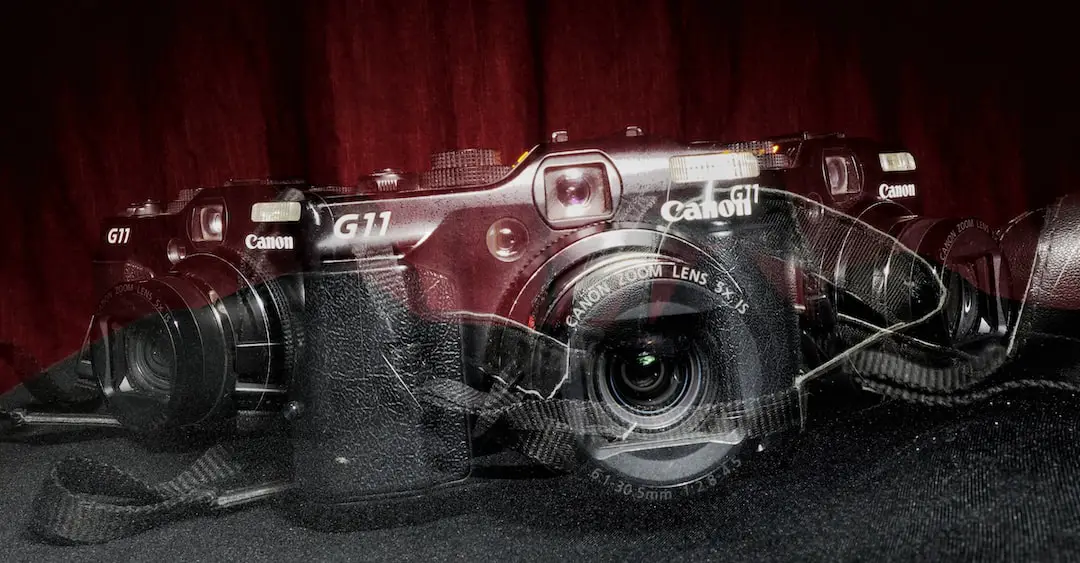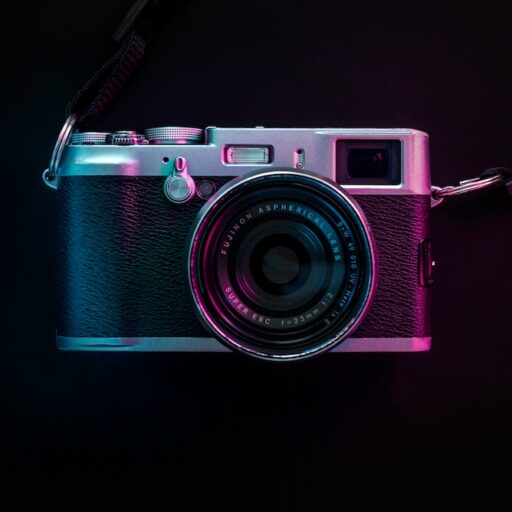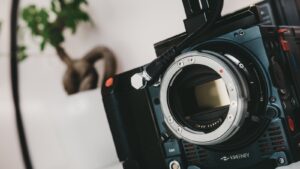Support our educational content for free when you purchase through links on our site. Learn more
[2023] Digital Camera: Capturing Moments with Style and Precision
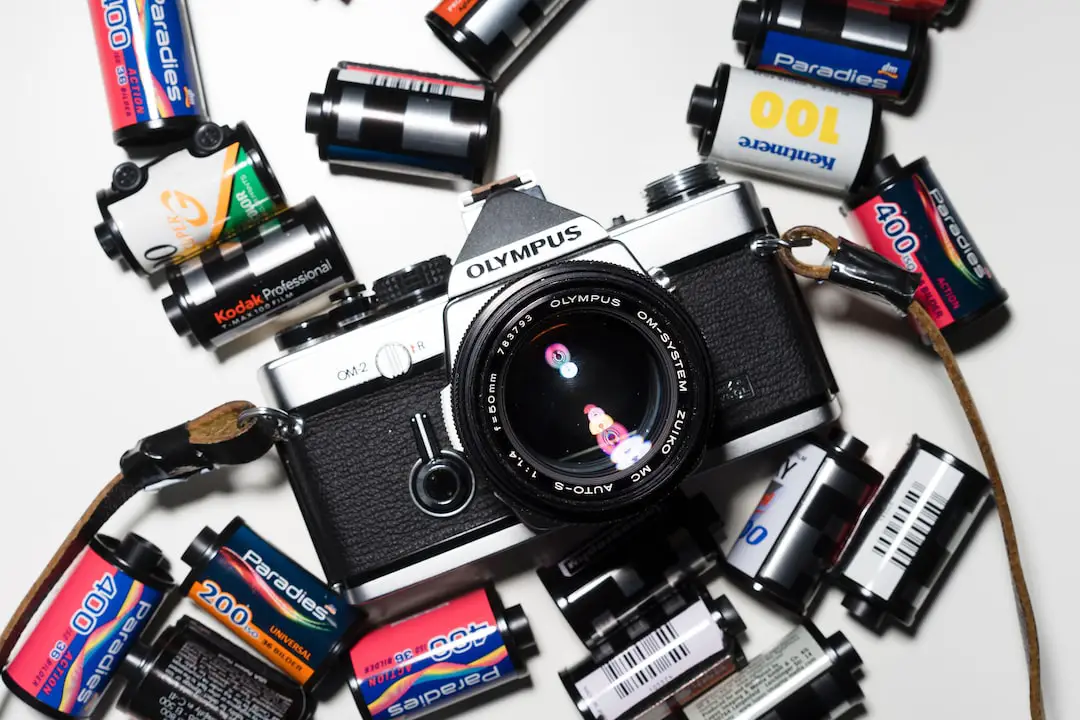
Are you tired of blurry, low-quality photos from your smartphone? Looking to take your photography skills to the next level? Look no further than a digital camera! In this comprehensive guide, our team at Camera Brands™ will walk you through everything you need to know about digital cameras. From their superior image quality to their versatility and advanced features, we'll help you understand why a digital camera is a must-have for any photography enthusiast. So grab your lens cap and let's dive in!
Table of Contents
- Quick Answer
- Quick Tips and Facts
- Smartphone vs Digital Camera: Sensors
- Smartphone vs Digital Camera: Resolution
- Smartphone vs Digital Camera: Autofocus
- Smartphone vs Digital Camera: Lenses
- Smartphone vs Digital Camera: Ease of Use
- Smartphone vs Digital Camera: Screens and Viewfinders
- Smartphone vs Digital Camera: Size
- Smartphone vs Digital Camera: Video
- Smartphone vs Digital Camera: Convenience
- Smartphone vs Digital Camera: Connectivity
- Smartphone vs Digital Camera: Price
- Smartphone vs Digital Camera: Which is better?
- Best smartphones for portrait photography 2023
- Best accessories for video
- iPhone 14 Pro vs Samsung S23 Ultra: Cameras Compared
- FAQ
- Conclusion
- Useful Links
- Reference Links
Quick Answer
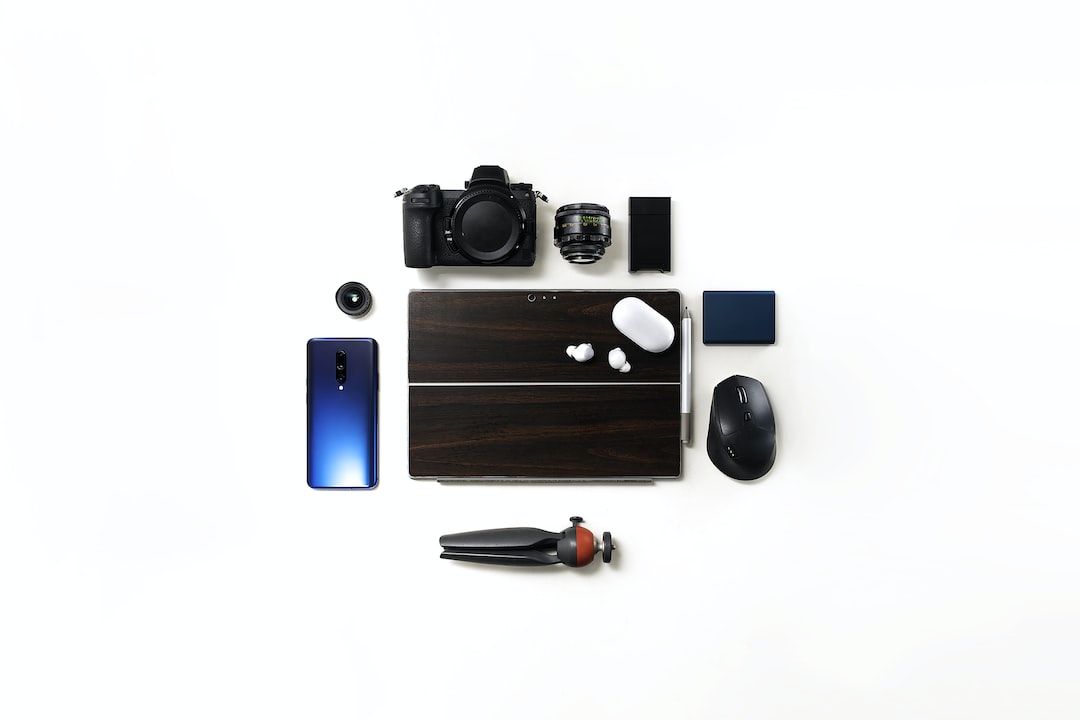
Digital cameras offer superior image quality, advanced features, and greater versatility compared to smartphones. They are specifically designed for photography, allowing you to capture moments with style and precision. Whether you're a professional photographer or an amateur enthusiast, a digital camera is an essential tool for capturing stunning photos and videos.
Quick Tips and Facts
Before we dive into the details, here are some quick tips and facts about digital cameras:
- Digital cameras use image sensors to capture light and convert it into digital data, resulting in high-resolution images.
- They offer a wide range of manual controls, allowing you to adjust settings like aperture, shutter speed, and ISO for complete creative control.
- Digital cameras often have interchangeable lenses, allowing you to choose the perfect lens for different types of photography.
- They offer various shooting modes, including manual, aperture priority, shutter priority, and automatic, catering to different skill levels and shooting scenarios.
- Many digital cameras are capable of shooting in RAW format, which preserves more image data and allows for greater flexibility during post-processing.
- Digital cameras come in different sizes and designs, from compact point-and-shoot cameras to professional DSLRs and mirrorless cameras.
Smartphone vs Digital Camera: Sensors
When it comes to image quality, the sensor is a crucial component. Digital cameras generally have larger sensors compared to smartphones, resulting in better image quality, especially in low-light conditions. The larger the sensor, the more light it can capture, resulting in less noise and more detail in your photos.
Key Points:
- Digital cameras have larger sensors compared to smartphones, resulting in better image quality, especially in low-light conditions.
- Larger sensors capture more light, resulting in less noise and more detail in photos.
- Smartphone sensors have improved over the years, but they still can't match the performance of dedicated digital camera sensors.
Smartphone vs Digital Camera: Resolution
Resolution plays a significant role in the level of detail captured in an image. While smartphones have made significant strides in terms of resolution, with some models boasting resolutions of 108MP or more, digital cameras still offer higher resolution options. Digital cameras often have sensors with resolutions ranging from 20MP to 50MP or even higher, allowing for incredibly detailed photos.
Key Points:
- Digital cameras generally offer higher resolution options compared to smartphones.
- Higher resolution allows for more detailed photos, especially when printing or cropping.
- Smartphones have made significant strides in resolution, but digital cameras still have the edge in this aspect.
Smartphone vs Digital Camera: Autofocus
Autofocus is an essential feature for capturing sharp and well-focused images. While smartphones have improved their autofocus capabilities, digital cameras still excel in this area. Digital cameras often have advanced autofocus systems with a greater number of focus points, allowing for more accurate and reliable autofocus performance.
Key Points:
- Digital cameras generally have more advanced autofocus systems compared to smartphones.
- More focus points result in more accurate and reliable autofocus performance.
- Smartphones have improved their autofocus capabilities, but digital cameras still offer superior autofocus performance.
Smartphone vs Digital Camera: Lenses
One of the significant advantages of digital cameras is the ability to use interchangeable lenses. This allows you to choose the perfect lens for different types of photography, whether it's capturing landscapes, portraits, or macro shots. Digital cameras offer a wide range of lenses, including wide-angle, telephoto, macro, and prime lenses, giving you endless creative possibilities.
Key Points:
- Digital cameras offer the flexibility of interchangeable lenses, allowing you to choose the perfect lens for different types of photography.
- Different lenses, such as wide-angle, telephoto, macro, and prime lenses, offer unique perspectives and creative possibilities.
- Smartphones have fixed lenses, limiting their versatility in terms of focal length and creative options.
Smartphone vs Digital Camera: Ease of Use
Smartphones are renowned for their user-friendly interfaces and intuitive controls. However, digital cameras have come a long way in terms of ease of use. Many modern digital cameras offer user-friendly menus, touchscreen interfaces, and intuitive controls, making them accessible to photographers of all skill levels.
Key Points:
- Smartphones are known for their user-friendly interfaces and intuitive controls.
- Modern digital cameras have improved in terms of ease of use, offering user-friendly menus, touchscreen interfaces, and intuitive controls.
- Both smartphones and digital cameras can be easy to use, depending on the model and user's familiarity with the device.
Smartphone vs Digital Camera: Screens and Viewfinders
Smartphones typically rely on their built-in screens for composing and reviewing photos. On the other hand, digital cameras offer both screens and viewfinders. Viewfinders provide a more immersive and accurate way of composing your shots, especially in bright sunlight. Some digital cameras even offer electronic viewfinders (EVFs), which simulate the image captured by the sensor, allowing for a real-time preview of the exposure.
Key Points:
- Smartphones rely on their built-in screens for composing and reviewing photos.
- Digital cameras offer both screens and viewfinders, providing a more immersive and accurate way of composing shots.
- Electronic viewfinders (EVFs) in digital cameras offer a real-time preview of the exposure, simulating the image captured by the sensor.
Smartphone vs Digital Camera: Size
One of the advantages of smartphones is their compact size, allowing you to carry them wherever you go. However, digital cameras come in various sizes, from compact point-and-shoot cameras to professional DSLRs and mirrorless cameras. While larger digital cameras may be bulkier, they offer superior image quality and advanced features that justify their size.
Key Points:
- Smartphones are compact and portable, making them convenient for everyday photography.
- Digital cameras come in various sizes, from compact point-and-shoot cameras to larger DSLRs and mirrorless cameras.
- Larger digital cameras may be bulkier, but they offer superior image quality and advanced features.
Smartphone vs Digital Camera: Video
In addition to capturing stunning photos, digital cameras are also excellent tools for shooting high-quality videos. Many digital cameras offer advanced video features, such as 4K resolution, high frame rates, and manual controls for exposure and focus. These features make digital cameras a preferred choice for videographers and content creators.
Key Points:
- Digital cameras offer advanced video features, including 4K resolution, high frame rates, and manual controls.
- Many digital cameras are preferred by videographers and content creators for their video capabilities.
- Smartphones have also improved their video capabilities, but digital cameras still offer more advanced features.
Smartphone vs Digital Camera: Convenience
When it comes to convenience, smartphones have the upper hand. They are always with us, allowing for spontaneous photography and instant sharing of photos on social media. Digital cameras, on the other hand, require additional gear and planning. However, the convenience of smartphones often comes at the expense of image quality and advanced features.
Key Points:
- Smartphones offer convenience with their always-on-hand nature and instant sharing capabilities.
- Digital cameras require additional gear and planning but offer superior image quality and advanced features.
- Convenience is subjective and depends on the user's preferences and priorities.
Smartphone vs Digital Camera: Connectivity
Smartphones are known for their seamless connectivity options, allowing you to instantly share your photos and videos online. Digital cameras have also embraced connectivity features, with many models offering built-in Wi-Fi, Bluetooth, and NFC. These features enable you to transfer images wirelessly to your smartphone or directly upload them to social media platforms.
Key Points:
- Smartphones excel in connectivity options, allowing for instant sharing of photos and videos.
- Many digital cameras now offer built-in Wi-Fi, Bluetooth, and NFC for seamless connectivity.
- Digital cameras have adapted to the demand for connectivity features, enhancing the overall user experience.
Smartphone vs Digital Camera: Price
When it comes to price, smartphones have a significant advantage. They are often more affordable compared to digital cameras, especially high-end models. However, it's important to consider the long-term value and investment in a digital camera, as it offers superior image quality, advanced features, and the ability to upgrade lenses and accessories.
Key Points:
- Smartphones are generally more affordable compared to digital cameras, especially high-end models.
- Digital cameras offer long-term value and investment with their superior image quality and ability to upgrade lenses and accessories.
- Price is a significant factor to consider, but it shouldn't be the sole determining factor in choosing between a smartphone and a digital camera.
Smartphone vs Digital Camera: Which is better?
The answer to whether a smartphone or a digital camera is better depends on your specific needs and priorities. If convenience, portability, and instant sharing are your top priorities, a smartphone may be the better choice. However, if image quality, advanced features, and creative control are important to you, a digital camera is the way to go.
Key Points:
- Choosing between a smartphone and a digital camera depends on your needs and priorities.
- Smartphones excel in convenience and instant sharing, while digital cameras offer superior image quality and advanced features.
- Consider your photography goals and the level of control you desire before making a decision.
Best smartphones for portrait photography 2023
If you're looking for the best smartphones for portrait photography in 2023, here are some top contenders:
- iPhone 14 Pro – The latest flagship from Apple, known for its exceptional camera system and advanced computational photography capabilities. Check price on Amazon
- Samsung Galaxy S23 Ultra – Samsung's flagship smartphone, featuring a powerful camera setup with high-resolution sensors and versatile lens options. Check price on Amazon
- Google Pixel 6 Pro – Google's Pixel series is renowned for its computational photography prowess, delivering stunning portrait shots with excellent detail and dynamic range. Check price on Amazon
Best accessories for video
To enhance your video recording capabilities with a digital camera, consider these best accessories for video:
- External Microphone – Improve audio quality with an external microphone, capturing clear and professional-grade sound. Shop external microphones on Amazon
- Tripod – Stabilize your shots and achieve smooth panning and tracking movements with a sturdy tripod. Shop tripods on Amazon
- Gimbal Stabilizer – Take your video footage to the next level with a gimbal stabilizer, providing smooth and steady shots even while moving. Shop gimbal stabilizers on Amazon
- Video Lighting Kit – Ensure proper lighting for your videos with a video lighting kit, allowing you to control the illumination and create the desired mood. Shop video lighting kits on Amazon
iPhone 14 Pro vs Samsung S23 Ultra: Cameras Compared
The iPhone 14 Pro and Samsung S23 Ultra are two flagship smartphones known for their exceptional camera capabilities. Let's compare their cameras:
| Feature | iPhone 14 Pro | Samsung S23 Ultra |
|---|---|---|
| Main Camera | 108MP, f/1.5, OIS | 108MP, f/1.8, OIS |
| Ultra-Wide Camera | 12MP, f/1.8 | 12MP, f/2.2 |
| Telephoto Camera | 12MP, f/2.8, 3x optical zoom | 48MP, f/3.5, 10x optical zoom |
| Front Camera | 12MP, f/2.2 | 40MP, f/2.2 |
| Video Recording | 4K at up to 60fps | 8K at up to 30fps |
| ProRAW and ProRes | Yes | No |
| Night Mode | Improved low-light performance | Enhanced low-light capabilities |
| Computational Photography | Deep Fusion, Smart HDR 4, Night mode | Single Take, Night mode, Super Resolution Zoom |
Key Points:
- Both the iPhone 14 Pro and Samsung S23 Ultra offer exceptional camera capabilities.
- The iPhone 14 Pro excels in computational photography with features like Deep Fusion and Smart HDR 4.
- The Samsung S23 Ultra offers impressive zoom capabilities with its 10x optical zoom lens.
- Both smartphones provide high-quality video recording options, with the Samsung S23 Ultra offering 8K resolution.
FAQ
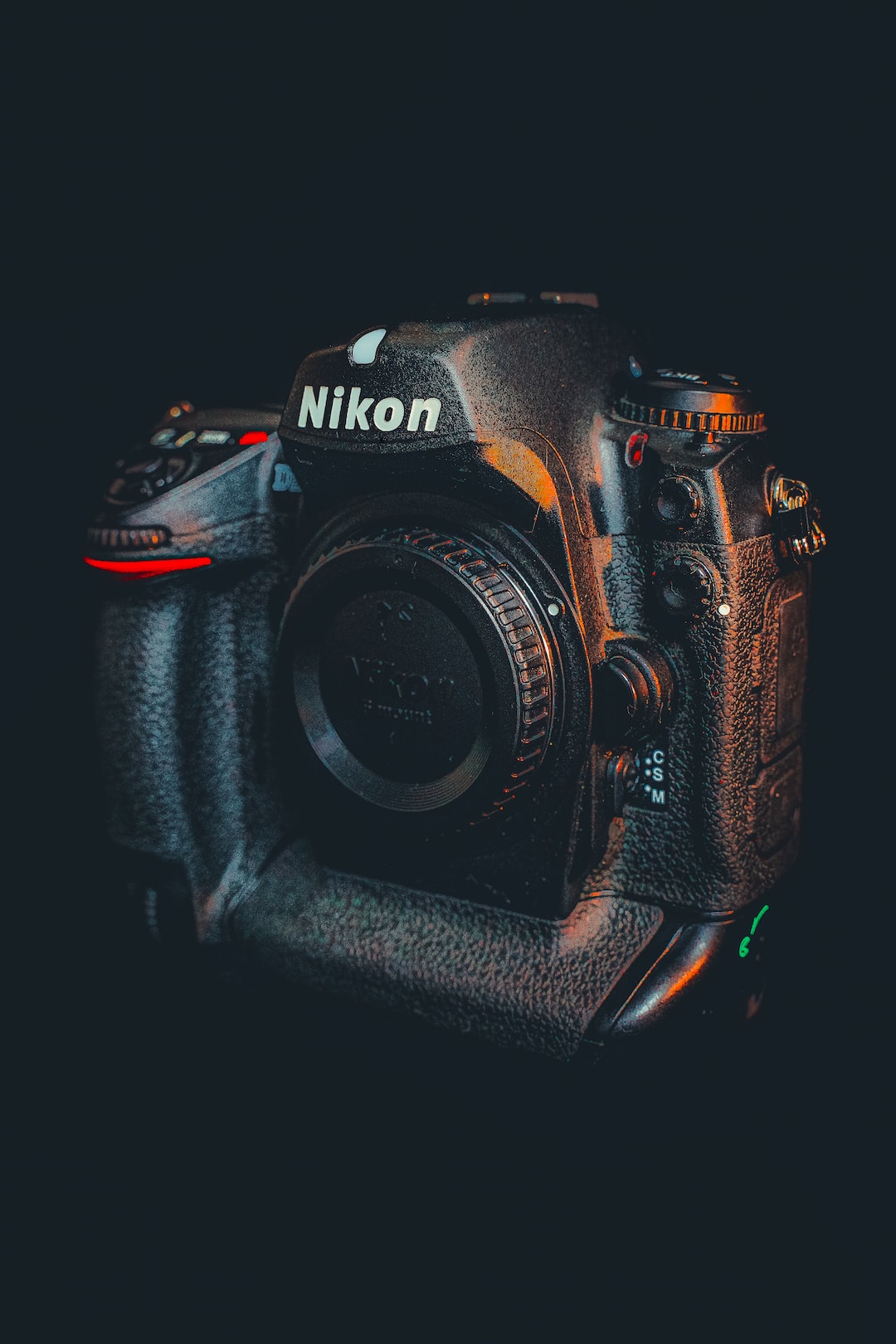
Q: Are digital cameras still worth buying?
A: Absolutely! Digital cameras offer superior image quality, advanced features, and the ability to interchange lenses, making them a valuable tool for photography enthusiasts and professionals. While smartphones have improved their camera capabilities, digital cameras still excel in terms of image quality and creative control.
Q: What's the easiest digital camera to use?
A: The ease of use varies depending on the model and user's familiarity with the device. However, many digital cameras offer user-friendly interfaces, intuitive controls, and automatic shooting modes, making them accessible to photographers of all skill levels. Compact point-and-shoot cameras are often considered the easiest to use due to their simplicity and convenience.
Q: What is a digital camera?
A: A digital camera is a device that captures photographs and videos digitally. It uses an image sensor to capture light and convert it into digital data, resulting in high-resolution images. Digital cameras offer a wide range of features, including manual controls, interchangeable lenses, and advanced shooting modes, catering to different photography needs.
Q: Are digital cameras still made?
A: Yes, digital cameras are still being manufactured by various camera brands. While the market has shifted towards smartphones, digital cameras continue to evolve and offer superior image quality, advanced features, and creative control that cannot be matched by smartphones.
Q: Can I use my smartphone as a digital camera?
A: Yes, smartphones can be used as digital cameras. They offer convenience, portability, and instant sharing capabilities. However, dedicated digital cameras still offer superior image quality, advanced features, and the ability to interchange lenses, making them a preferred choice for photography enthusiasts and professionals.
Conclusion
In conclusion, digital cameras are powerful tools for capturing moments with style and precision. They offer superior image quality, advanced features, and the ability to interchange lenses, allowing for endless creative possibilities. While smartphones have made significant strides in camera technology, they still can't match the image quality and versatility of a dedicated digital camera. Whether you're a professional photographer or an amateur enthusiast, investing in a digital camera will elevate your photography to new heights. So why settle for blurry smartphone photos when you can capture stunning images with a digital camera?
Useful Links
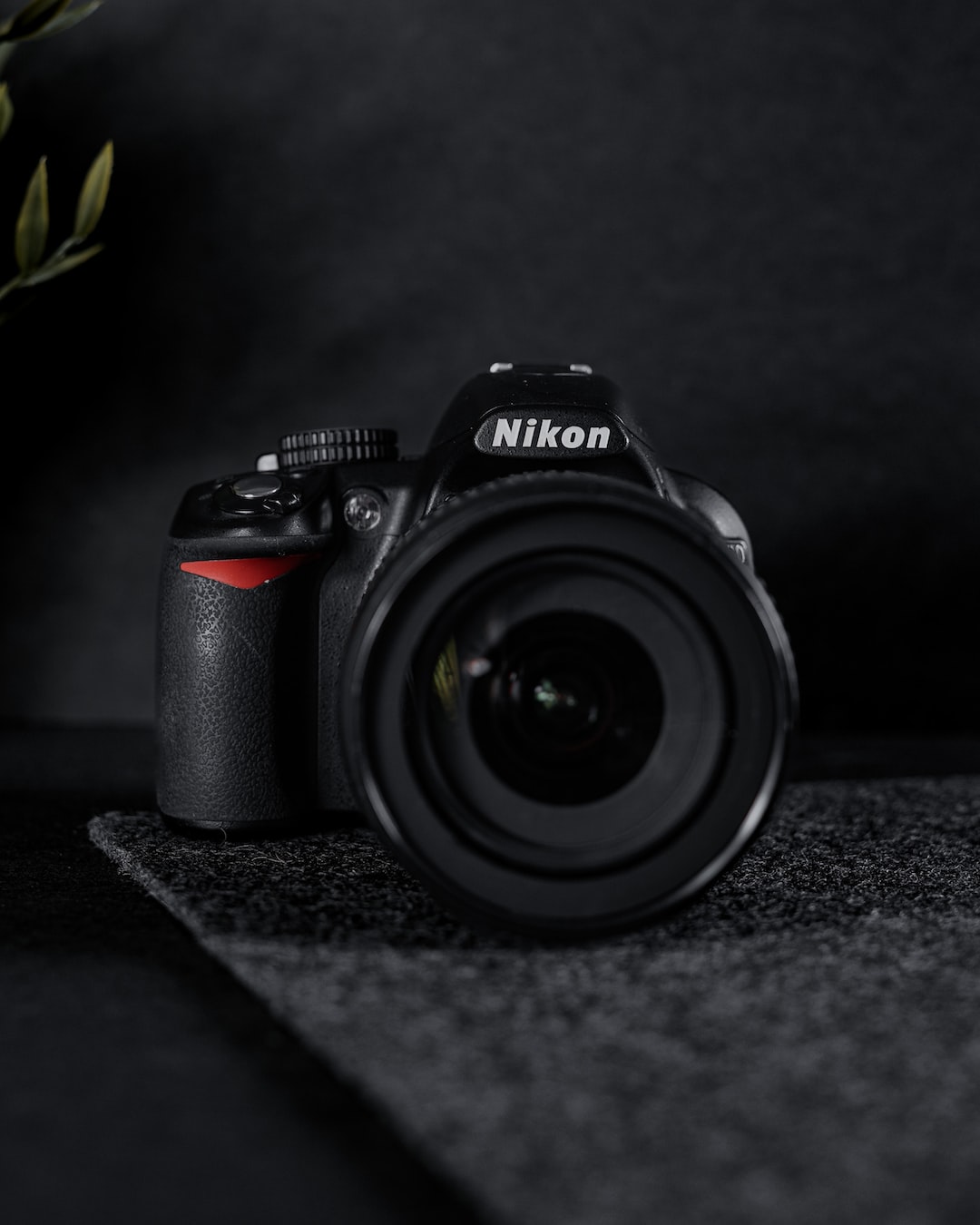
- Shop Digital Cameras on Amazon
- Shop Digital Cameras on Walmart
- Shop Digital Cameras on eBay
- Shop iPhone 14 Pro on Amazon
- Shop Samsung Galaxy S23 Ultra on Amazon
- Shop Google Pixel 6 Pro on Amazon
- Shop External Microphones on Amazon
- Shop Tripods on Amazon
- Shop Gimbal Stabilizers on Amazon
- Shop Video Lighting Kits on Amazon
- Camera Brands™
Reference Links
